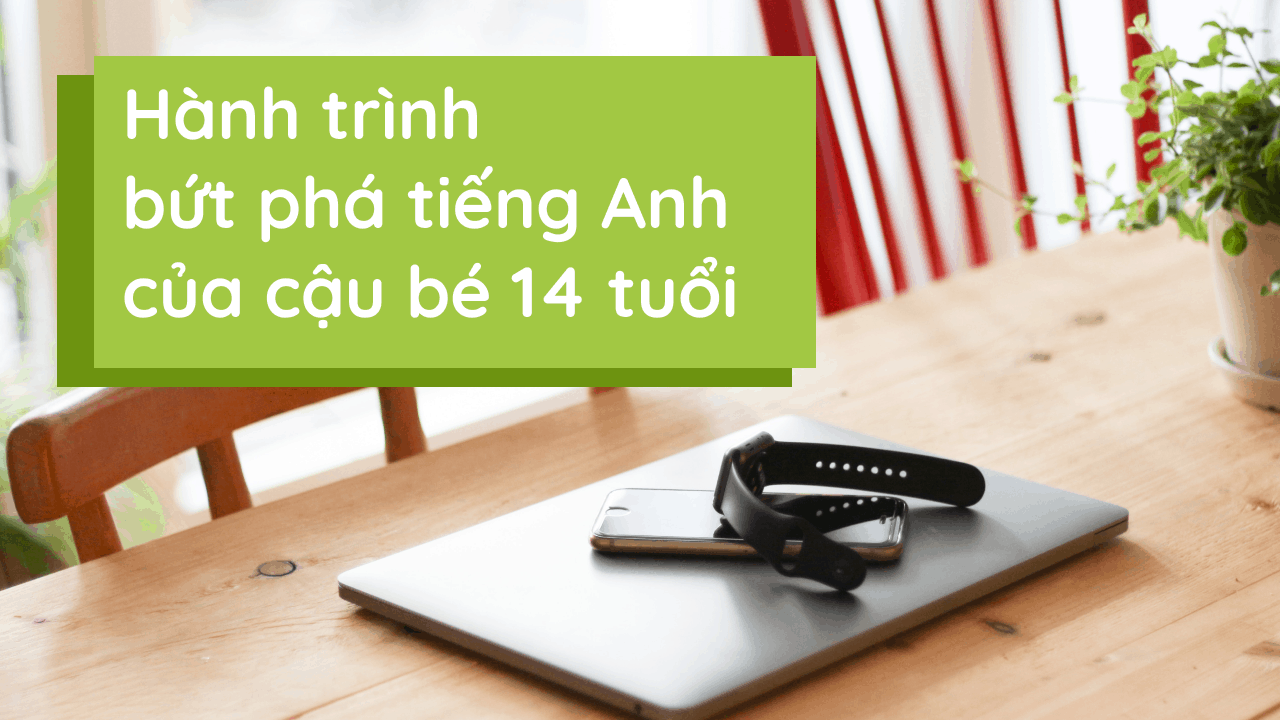Bài tập đọc English Reading chủ đề Gap Year dành cho các bạn học level 4. Khái niệm “Gap Year” đã rất quen thuộc với các bạn học sinh – sinh viên phương Tây nhưng lại khá mới mẻ ở Việt Nam. Vậy “Gap Year” là gì, ý nghĩa của nó ra sao? Bạn hãy cùng tìm hiểu với eJOY trong bài viết dưới đây nha. Bạn có thể dùng eJOY extension để giúp bạn tra và lưu các từ mới trong bài nhé.
Lưu ý:
- Bài tập này được biên tập lại từ bài “Gap Year” của Bristish Council.
- Bài tập nằm trong chuỗi bài học dành cho Intermediate trên eJOY. Nếu bạn muốn được học theo lộ trình phát triển khả năng nghe nói, kèm theo bài tập đọc viết nhẹ nhàng thì hãy email cho [email protected] nhé.
Gap Year
Do students in your country go directly to university or college after school or do they have a break first? Taking a gap year between school and uni is quite common in the UK and there are lots of different ways to spend your time.
What is a gap year?
A ‘gap year’ is a period of time, usually an academic year, when a student takes a break from formal education. It is often spent travelling or working.

Why?
People used to think that taking a gap year was negative. In the past you took a gap year if you had to retake exams or had problems between finishing school and starting higher education and then starting a career. But now, universities positively encourage a gap year and employers are happy to give jobs to students who take a gap year. A year out between school or college and higher education or employment, or between higher education and a job, can give young people useful learning experiences, help them pick up new skills and make them more independent. Employers and universities want to see evidence of enterprise, maturity and commitment both in and outside formal education.
When?
Young people in formal education usually take a gap year when they are about 18 years old, before going to university. They can also be taken at a different time, for example, by someone who wants to break up their degree course or to do something different before a postgraduate course.
Where and what?
Many gap year students choose to do voluntary work. This could include teaching in the mountains in Nepal, a conservation project in Madagascar, an expedition in Costa Rica or an internship in Japan. There are plenty of gap year volunteer work options to choose from. There is also voluntary work closer to home for British students – both geographically and culturally – including the UK, Europe and North America.
Lots of gap year students just want to see more of the world. According to the British government’s Gap Year website, the top five gap year travel destinations recently have been Tibet, Indonesia, Taiwan, Eastern Europe and Canada. Popular gap year activities for young people looking for adventure include surfing in Hawaii, wake boarding in Italy, kite surfing in Egypt or bungee jumping in New Zealand.
What about money?
Most students who are planning a gap year take on a part-time job to save up for the trip. Some young people look for work when they get to their destination if they need to earn money to pay for accommodation, food and their other expenses. Popular jobs include bar work, fruit picking and being a tour guide. A gap year doesn’t have to be a full year travelling or having adventures: some students travel for three or six months then work for the rest of the year.
Organising a gap year
Because the gap year is so popular and needs to be cheap, travel companies now offer structured gap packages where your entire trip is worked out for you. There are three main categories of a structured gap year activity:
- Expeditions, often with a conservation element and usually to developing countries
- Courses to learn a skill such as a language or something that they can later teach others to do, for example windsurfing
- Voluntary work in the UK and abroad.
An African experience
Julie Taylor graduated from Hull University. She now works as a manager in an international company. Julie tells us about her gap year:
‘During my gap year, I taught in a primary school in Kenya. I spent four months teaching children aged 8 to 18 in English, Art and Physical Education and I coached the school’s netball team. As well as working, I also travelled the country and even climbed Mount Kenya. The trip was one of the best experiences of my life. I’m very happy that I didn’t head off to university straight after school because I learnt a lot about myself in my year out. I was able to get by on very little money and to deal with problems without the support of my family and friends.
My trip to Africa also looks great on my CV. I worked to save up for the trip, which showed my employer that I had good self-motivation and organisational skills, which are essential in any job. My interviewers were really interested in how I managed to teach classes of 88 children (with lots of enthusiasm and promises of netball after class!). Employers see that climbing to an altitude of 4,985m up Mount Kenya shows self-motivation, strength and determination. Not everybody can put that on their CV.’
The future
The British government has recently put up tuition fees for university degree courses. Students may have to pay many thousands of pounds a year for their education. How will these changes affect the gap year for future British students?

Grammar
Trong bài đọc, người viết có dùng
“A gap year doesn’t have to be a full year travelling or having adventures: some students travel for three or six months then work for the rest of the year”. (Don’t/ Doesn’t have to: không cần thiết phải là, không bắt buộc phải là. Ví dụ trên được hiểu là: Gap year không nhất thiết phải là dành cả năm đi du lịch đó đây. Một số sinh viên chọn đi du lịch chỉ tầm 3 hoặc 6 tháng và dành toàn bộ thời gian còn lại của năm để làm việc)
“Students may have to pay many thousands of pounds a year for their education” (Tạm hiểu: Sinh viên có thể phải trả tới hàng ngàn bảng mỗi năm cho việc học của họ)
Have to dùng để diễn tả ý nghĩa là phải làm điều gì đó hoặc nên làm điều gì đó.
Trong Anh Anh, người ta còn dùng “have got to” thay cho “have to”.
Ví dụ:
I have got to go home.
Khi nói, “have” có thể được lược bỏ thành “I gotta go home” hoặc “I gotta go home”
Exercises
A/ True (đúng) or False (sai)?
1. A gap year is a time to take a break from your studies to travel or work.
2. Universities and employers think that taking a gap year is a good idea.
3. If you want to take a gap year, you must do it between school and university.
4. Most students ask their parents to finance their gap year.
5. Taking a gap year was a positive experience for Julie Taylor.
6. University courses are more expensive than in the past.
B/ Ghép từ với nghĩa tương ứng
1.pick up
2.break up
3.take on
4.save up
5.work out
6.head off
7.get by
8.put up
a. save money
b. divide into smaller sections
c. acquire, learn
d. start a new project or job
e. increase in price
f. survive, live
g. go
h. plan, organise
C/ Điền vào chỗ trống với các từ trong bảng dưới đây.
|
put up |
get by | work out | save up |
| head off | take on | pick up |
break up |
1. Did you _______________ any Spanish while you were working in Spain?
2. You can take a gap year before you _______________ to university.
3. Why don’t you take a gap year to _______________ your degree if you want a change?
4. I need some money so I might _______________ a part-time job in a shop.
5. They had to _______________ for the trip by working at the weekends.
6. It’s a good idea to _______________ exactly what you want to do in your gap year.
7. Did you _______________ on the money you saved or did you have to find a job?
8. If they _______________ the prices again, how will we pay for our education?
D/ Chia dạng đúng của động từ “have to”
- Students___pay to go to private schools, but state schools are free.
- Do you have to wear a uniform? Yes, we___.
- I don’t like exams, but I____take them at the end of the term.
- Our teacher___do homework, but we do.
- ___your brother have to have lunch at school?
- Milly___carry her school bag to school every day.
- R.E. and music aren’t compulsory. You___study them.
- Do children in Poland____go to school on Saturday?






















